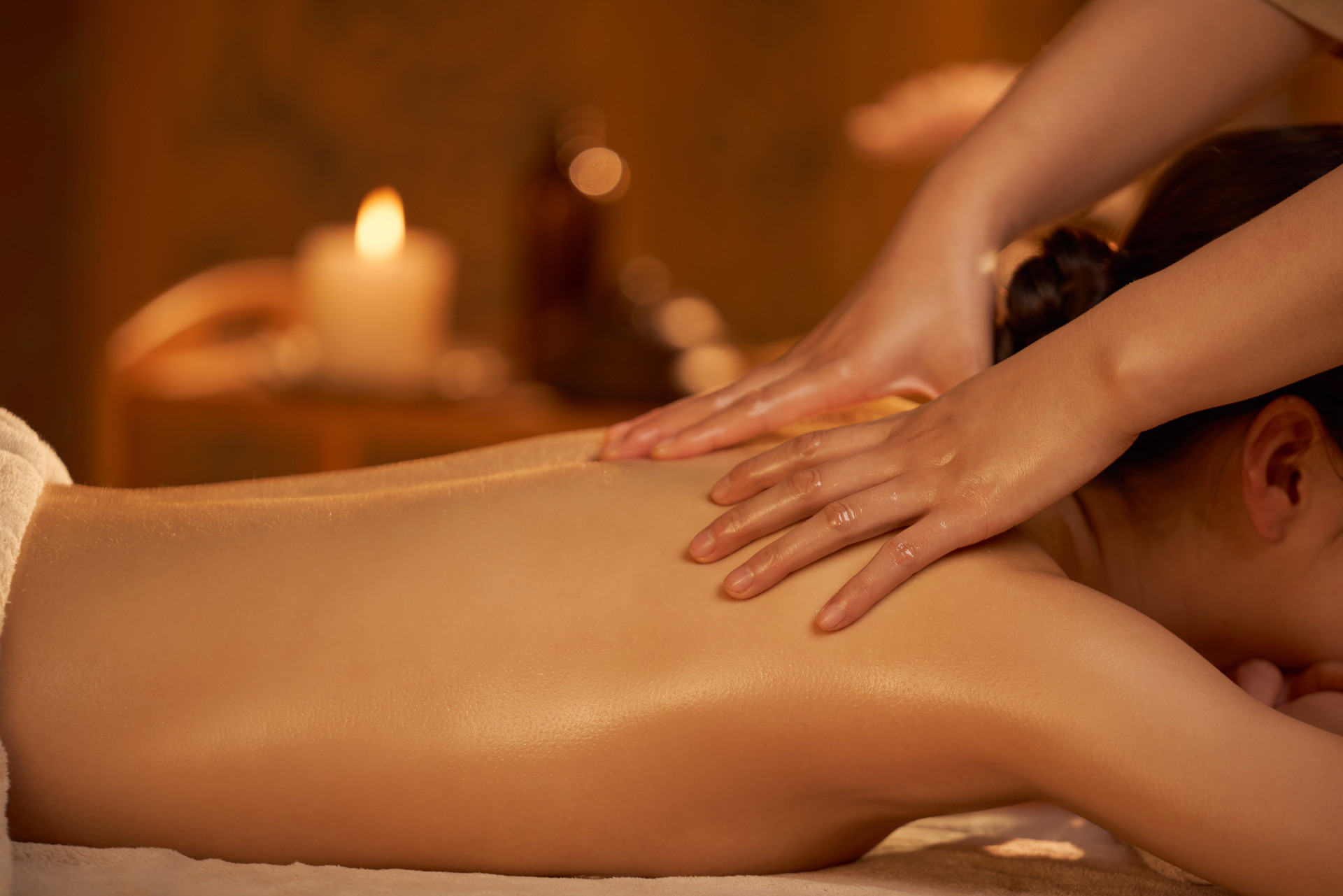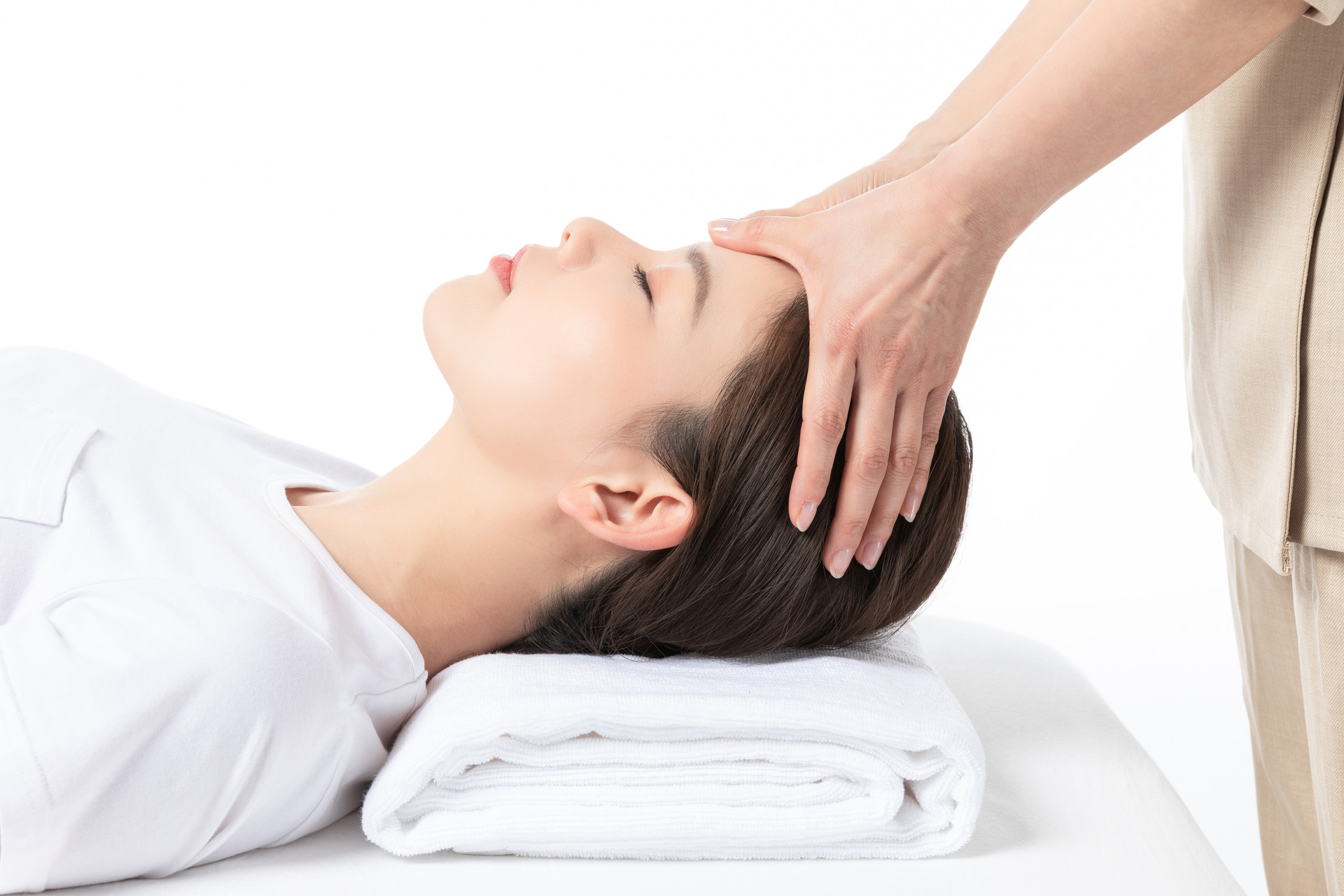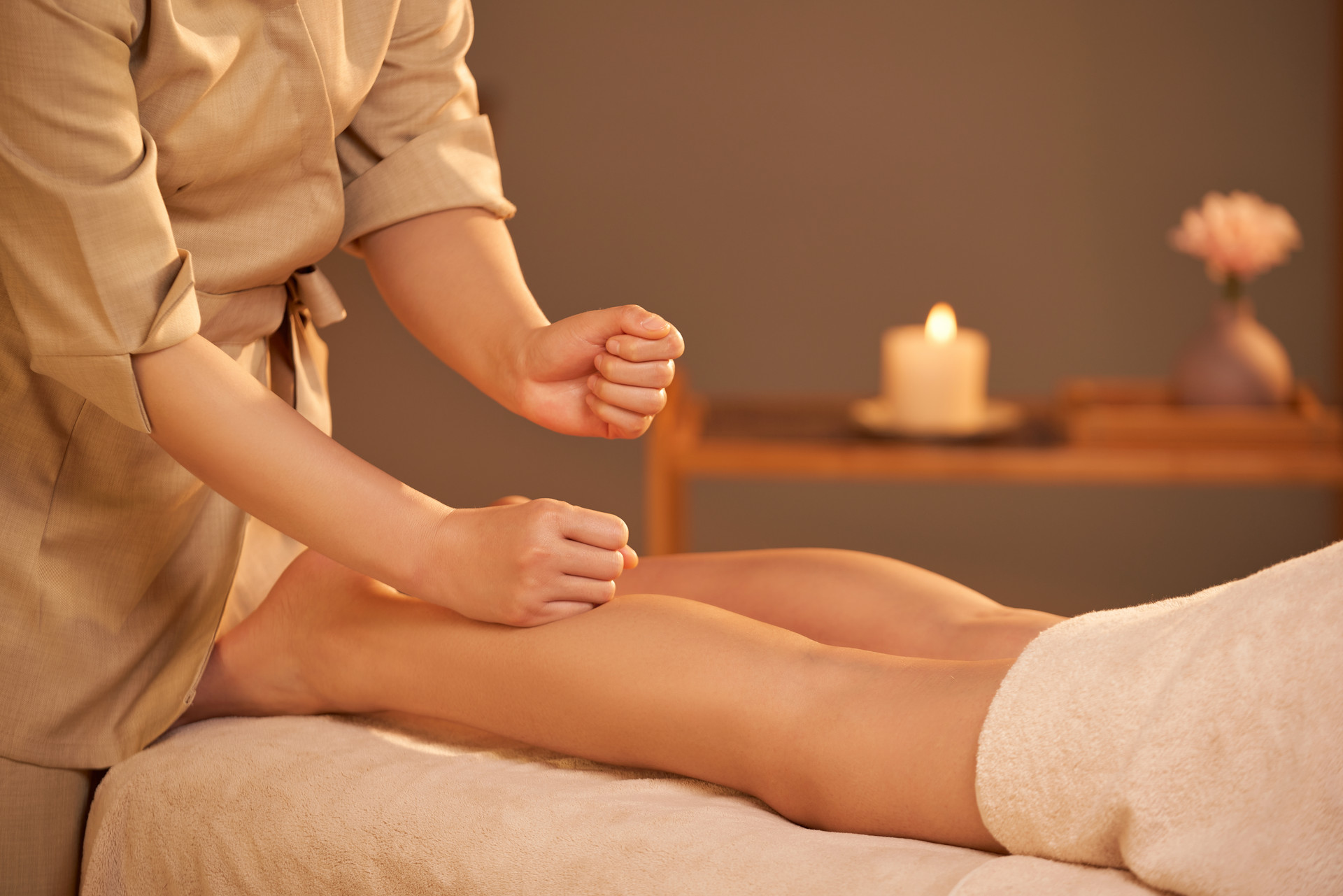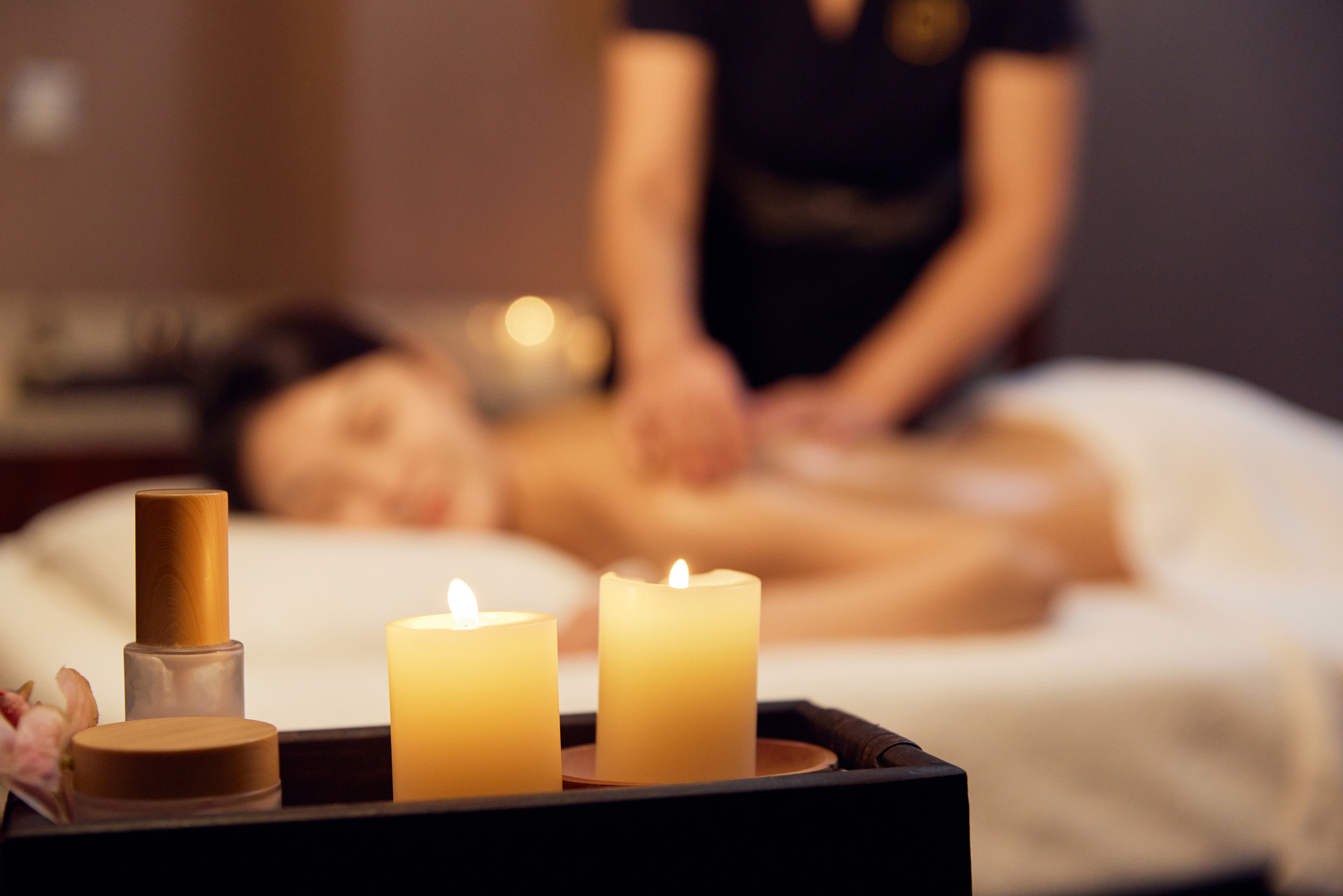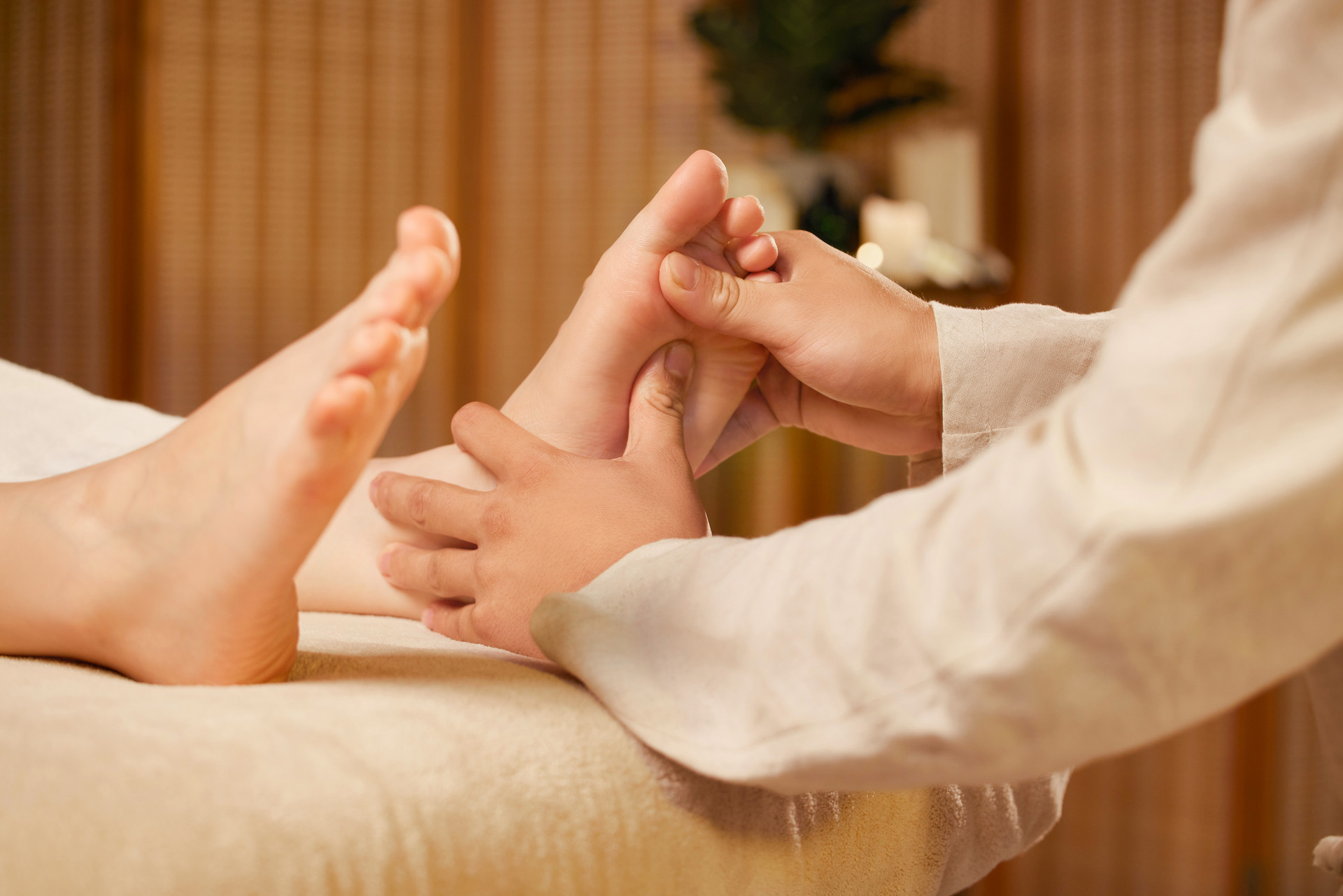No matter the season, there are always some people around us who experience foot sweating. Foot sweating is a common problem that many people face in their daily lives. So, is it a disease to always have sweaty feet? The following article will reveal the answer!
【Is it a disease to always have sweaty feet?】
Foot sweating
Foot sweating is classified as a sweat disorder in traditional Chinese medicine. According to Chinese medicine, excessive sweating may be caused by improper diet, spleen and stomach imbalance, damp-heat accumulation in the kidneys, yin deficiency with internal heat, or weakened yang due to chronic illness, leading to unstable pores. Excessive foot sweating can be caused by wearing non-breathable shoes for a long time, which can eventually lead to foot odor.
If the soles of the feet are constantly damp and uncomfortable, severe cases can result in excessive sweating like pearls dripping and causing the keratin layer of the sole to become soaked and peel off, as well as the development of sweat blisters and athlete's foot.
Modern medicine believes that excessive sweating is mostly caused by mental stress, emotional excitement, and dysfunction of the autonomic nervous system, with a small number of cases related to certain genetic syndromes.
【Using alum water to treat foot sweating】
Add 10-15 grams of alum to hot water for foot soaking. Dissolve the alum in the water and soak your feet for 15-20 minutes at a suitable temperature. Do this once every evening for 5-6 consecutive days to effectively treat foot sweating.
【Methods to prevent foot sweating】
1. People who frequently experience foot sweating should soak their feet in hot water every night. This can alleviate the symptoms, especially during the summer. Only by consistently soaking the feet at night can foot sweating be effectively treated.
2. Patients with foot sweating should wear socks made of pure cotton or sweat-absorbing materials in their daily life and change socks every day. Regularly changing socks is essential as it ensures cleanliness and breathability of the feet, reducing foot sweating.
3. For those who have excessive foot sweating, in winter, they should avoid wearing overly thick shoes. In spring and autumn, it is advisable to choose shoes with good breathability (you can also use odor-resistant insoles if needed). This helps maintain foot ventilation and facilitates the treatment of foot sweating.



